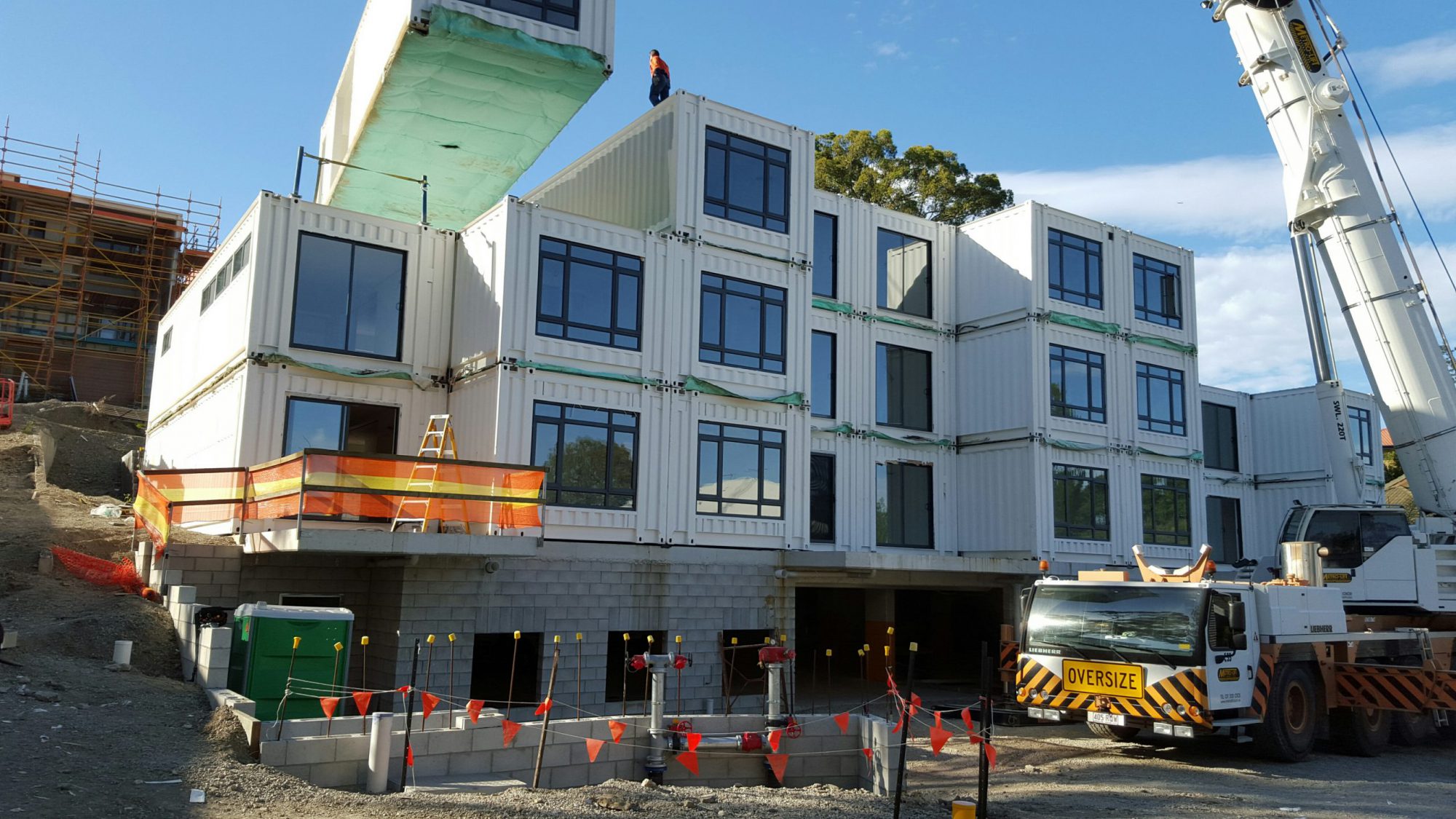Economic Efficiency Through Modular Construction
Beyond its architectural and environmental advantages, modular construction stands as a beacon of economic efficiency, reshaping the financial landscape of the construction industry.
Accelerated Project Timelines
The expeditious nature Van den Nagel Modulaire Bouw of modular construction significantly compresses project timelines. This not only minimizes the duration of construction loans but also allows for quicker project turnovers, enabling developers to swiftly recoup their investments.
Cost Predictability
Modular construction introduces a level of cost predictability that is often elusive in traditional construction. The controlled environment of off-site manufacturing reduces the impact of external factors, ensuring that projects stay within budgetary constraints.
Empowering Local Economies
The economic impact of modular construction extends far beyond individual projects, fostering growth in local economies.
Job Creation
The increased demand for modular construction translates into job creation within local communities. From manufacturing facilities to on-site assembly, these projects stimulate employment opportunities, contributing to the economic vitality of the region.
Support for Local Suppliers
Modular construction often relies on local suppliers for materials, further amplifying its positive economic ripple effect. This support for local businesses strengthens regional supply chains, creating a symbiotic relationship between modular construction projects and the surrounding economy.
Real Estate Market Disruption
As modular construction gains prominence, it disrupts traditional dynamics within the real estate market.
Increased Affordability
The efficiency and cost-effectiveness of modular construction contribute to increased affordability in the real estate market. This, in turn, opens up homeownership opportunities for a broader demographic, challenging conventional notions of exclusivity.
Market Accessibility
Modular construction’s ability to adapt to diverse project scales enhances market accessibility for developers. From large-scale commercial projects to smaller residential developments, modular construction offers a versatile and economically viable solution.
Financing Transformations in Construction
The financial sector is witnessing transformations spurred by the rise of modular construction.
Altered Risk Perception
The predictable nature of modular construction reduces risk perception among financiers. This shift in perception may lead to more favorable financing terms, encouraging further investment in modular projects.
Innovative Financing Models
The efficiency of modular construction allows for the exploration of innovative financing models. From modular-focused funds to partnerships between financial institutions and modular construction companies, new avenues for capital deployment are emerging.
International Trade and Collaboration
Modular construction is transcending borders, fostering international trade and collaboration in the construction sector.
Exporting Modular Expertise
Countries with advanced modular construction capabilities can export their expertise to regions seeking innovative construction solutions. This not only creates new economic opportunities but also facilitates knowledge exchange on a global scale.
Collaborative Cross-Border Projects
Collaboration in modular construction projects is not constrained by geographical boundaries. International teams can come together to tackle complex projects, leveraging the strengths and expertise of each participating region.
Navigating Challenges for Continued Growth
Despite its numerous advantages, modular construction faces challenges that require strategic navigation for sustained growth.
Regulatory Harmonization
Harmonizing regulations across regions is essential for the seamless integration of modular construction into global construction practices. Collaborative efforts between governments and industry stakeholders are necessary to establish standardized guidelines.
Education and Awareness
Building awareness about the benefits of modular construction is pivotal. Educational initiatives targeting developers, architects, and financiers can dispel misconceptions and foster a more receptive industry landscape.
Conclusion: Economic Resilience and Future Prosperity
In conclusion, modular construction is not just reshaping the physical landscape but also rewriting the economic script of the construction industry. Its impact on project timelines, local economies, real estate markets, financing models, and international collaboration heralds a new era of economic resilience and prosperity. As the world embraces the economic efficiency of modular mastery, it propels construction into a future where innovation, cost-effectiveness, and economic growth converge to create a sustainable and thriving built environment.